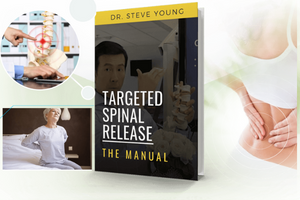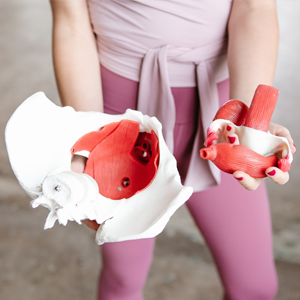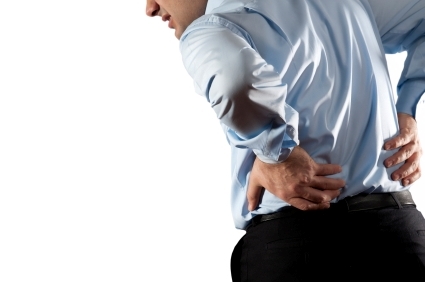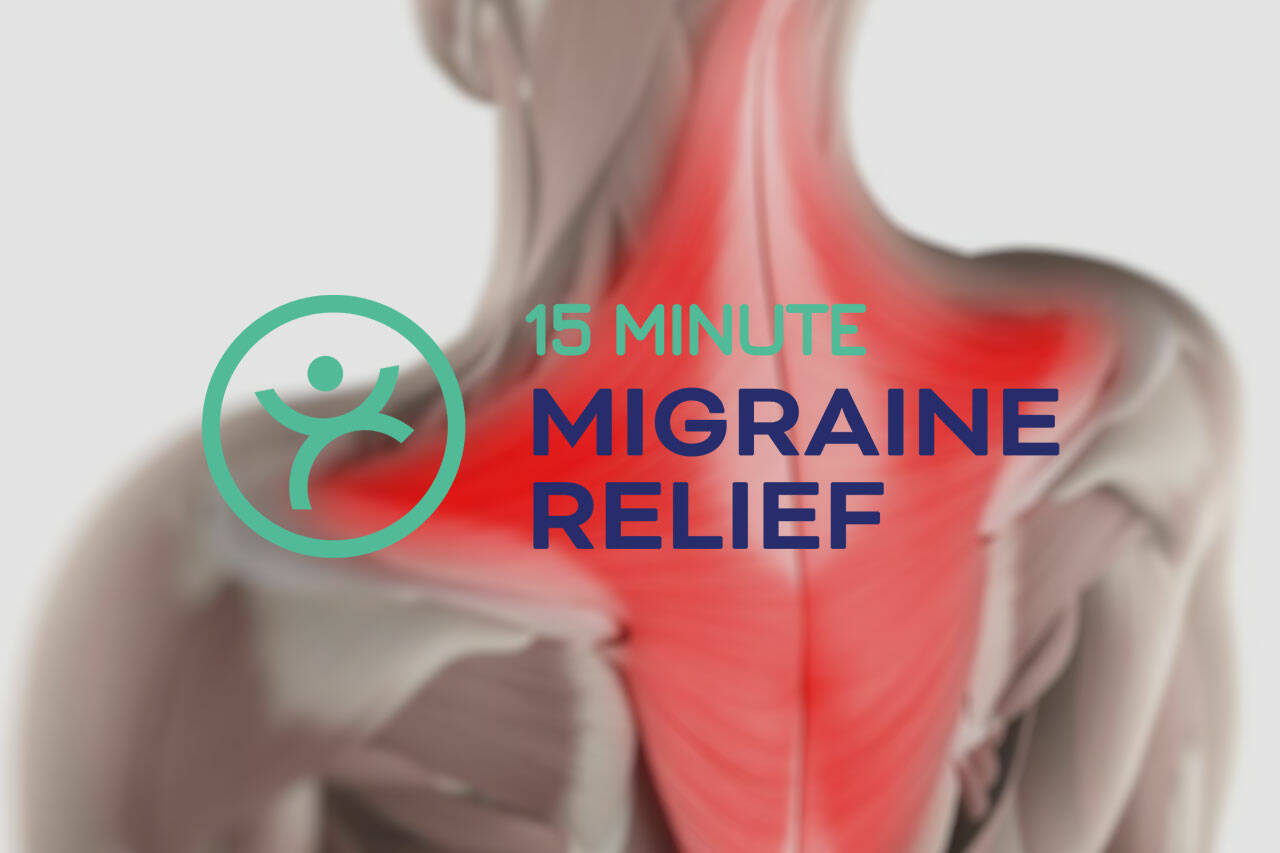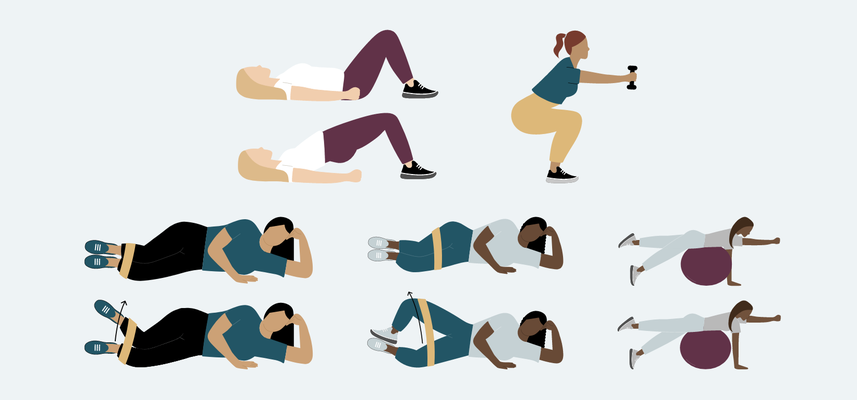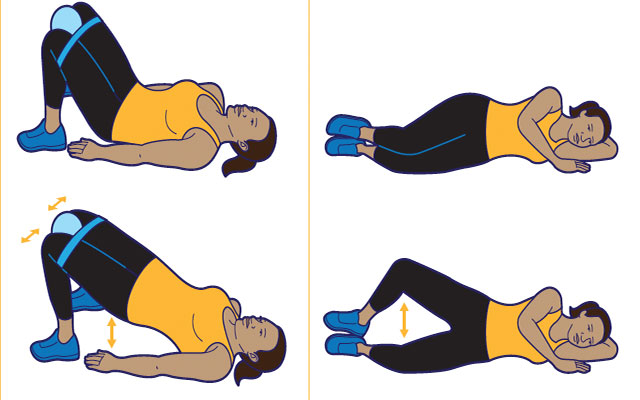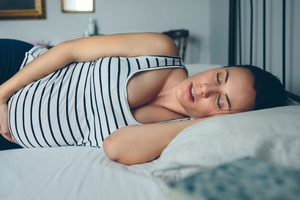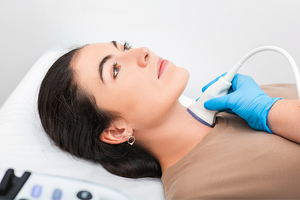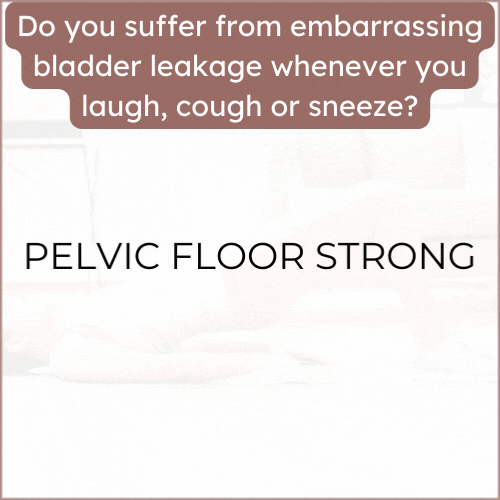What causes urinary incontinence in women over 35?
Urinary incontinence in women over 35 can have various causes, and it's important to note that it's not solely an issue related to aging. Instead, urinary incontinence is a medical condition that can affect women of different ages. Here are the main causes of urinary incontinence in women over 35, based on the provided information:
- Weak or Overactive Bladder Muscles: Urinary incontinence can occur when the muscles of the bladder are either too weak or too active. Weak bladder muscles might lead to stress incontinence, where pressure on the pelvic floor from activities like coughing, sneezing, or laughing can cause urine leakage. Overactive bladder muscles might lead to urge incontinence, where sudden, strong urges to urinate can result in unintentional leakage.
- Pregnancy, Childbirth, and Menopause: Factors such as pregnancy, childbirth, and menopause can contribute to the development of urinary incontinence. These events can weaken the pelvic floor muscles that support the bladder and urethra, leading to stress incontinence. Hormonal changes during menopause can also play a role in bladder control.
- Genetic Factors: Some women may have a genetic predisposition to urinary incontinence. Certain genetic factors might contribute to the weakening of pelvic floor muscles and the development of incontinence.
- Obesity and Chronic Cough: Being overweight or obese can put additional pressure on the pelvic floor and bladder, leading to stress incontinence. Chronic coughing, which might result from conditions like smoking or respiratory illnesses, can also contribute to stress incontinence.
- Age: While urinary incontinence is not exclusively an age-related issue, it is more common as women age. The prevalence of urinary incontinence tends to increase with age, particularly in women over 65.
- Urinary Tract and Pelvic Floor Disorders: Conditions such as urinary tract infections, pelvic organ prolapse, and certain neurological disorders can impact bladder control and contribute to urinary incontinence.
- Lifestyle Factors: Certain lifestyle habits, such as excessive caffeine or alcohol consumption, can irritate the bladder and lead to increased frequency and urgency in urination, contributing to urge incontinence.
It's important to note that urinary incontinence is not a condition that women have to endure silently. There are various treatment options available, including behavioral therapies, medications, nerve stimulation, and surgery, to help manage and improve bladder control. If you or someone you know is experiencing urinary incontinence, seeking medical care and discussing treatment options with a healthcare provider can lead to effective management of the condition and an improved quality of life.












